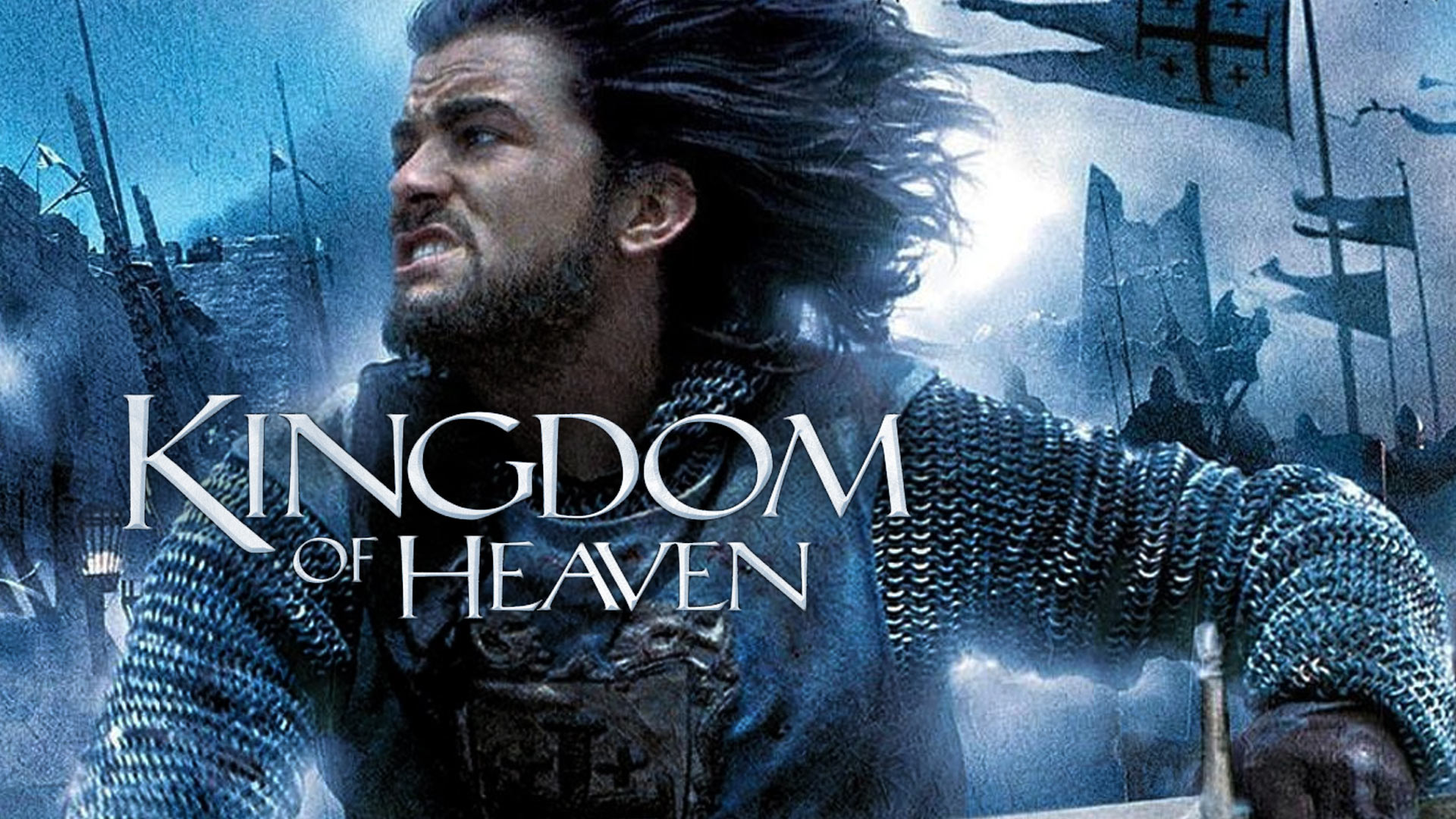Kingdom of Heaven (2005)

“Kingdom of Heaven,” directed by Ridley Scott and released in 2005, is an epic historical drama that explores themes of faith, conflict, and the complexity of human nature during the Crusades. With a screenplay penned by William Monahan, the film presents a rich tapestry of characters and events, offering a profound commentary on the moral dilemmas faced by individuals caught in the tide of history.
Set in the 12th century, “Kingdom of Heaven” follows the journey of Balian of Ibelin, played by Orlando Bloom, a blacksmith who is thrust into the tumultuous world of the Crusades after the death of his wife. Balian’s character is emblematic of the film’s exploration of personal and religious conflict. Initially reluctant to engage in the power struggles of the time, he gradually transforms into a leader who seeks to protect the city of Jerusalem and its diverse inhabitants, regardless of their faith.
One of the film’s strengths lies in its breathtaking cinematography and production design. Ridley Scott meticulously recreates the historical context of the era, immersing viewers in the sights and sounds of medieval Jerusalem. The battle sequences are particularly striking, showcasing not only the scale and chaos of warfare but also the underlying human emotions that drive the characters. The film balances grand, sweeping vistas with intimate moments, allowing audiences to connect with the characters on a personal level.
Thematically, “Kingdom of Heaven” delves into the concepts of tolerance and coexistence. Balian’s interactions with figures such as Saladin, the Muslim leader portrayed by Ghassan Massoud, highlight the possibility of understanding and respect between different cultures and religions. This nuanced portrayal of both Christian and Muslim characters sets the film apart from other war epics, challenging the binary view of good versus evil often found in historical narratives.

The screenplay by William Monahan is both rich and complex, featuring dialogues that resonate with philosophical questions about faith, duty, and the nature of true leadership. Balian’s journey is not merely one of physical battles but also an internal struggle to reconcile his beliefs with the harsh realities of the world around him. His famous line, “If you want to be a king, you must be a servant,” encapsulates the film’s message about the moral responsibilities that come with power.

Critically, “Kingdom of Heaven” received a mixed response upon its release. While some praised its ambitious scope and visual storytelling, others criticized its pacing and character development. However, the director’s cut of the film, released later, has garnered more favorable reviews, with many praising the added depth it brings to character arcs and narrative structure. This version offers a more comprehensive view of the political and social complexities of the time, further enhancing the film’s impact.

The film also prompts viewers to reflect on contemporary issues surrounding religious extremism and cultural conflict. By highlighting the consequences of war and the importance of dialogue, “Kingdom of Heaven” remains relevant in today’s world, where misunderstandings and divisions still exist. It serves as a reminder of the enduring human quest for peace and the importance of empathy across cultural divides.
In conclusion, “Kingdom of Heaven” stands as a significant work in Ridley Scott’s filmography, merging stunning visuals with thought-provoking themes. Through Balian’s journey, the film invites viewers to consider the complexities of faith, leadership, and the potential for coexistence amidst conflict. Its exploration of historical events through a human lens makes it not only a visual spectacle but also a poignant commentary on the nature of humanity. As audiences reflect on the film’s messages, it encourages a dialogue about tolerance and understanding that is increasingly vital in our modern world.










